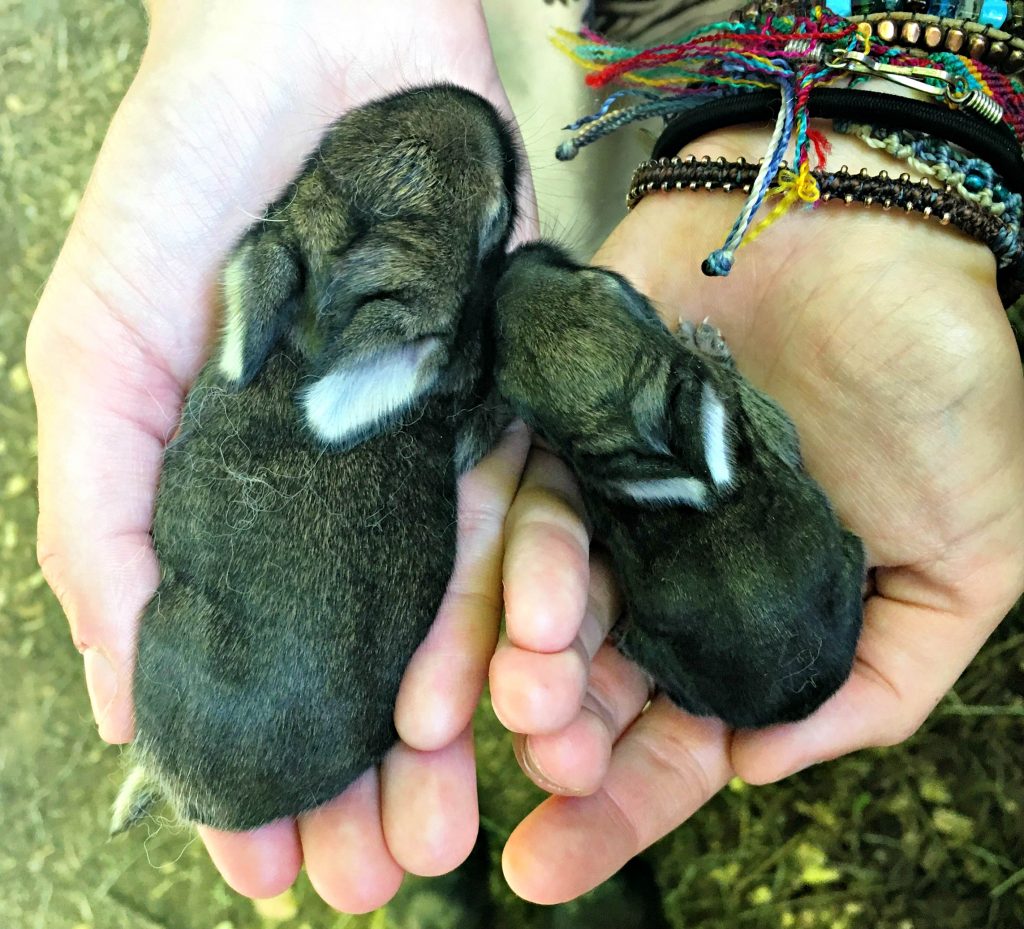What to do when you have a rabbit kit that's so much smaller than the rest? |
When you have a smaller kit in the litter, there are a few things you can do to help ensure its well-being: 1. Monitor closely: Keep a close eye on the smaller kit to ensure it is nursing and getting access to enough milk. Observe its behavior and weight gain to assess its progress. 2. Supplemental feeding: If you notice that the smaller kit is not getting enough milk from the mother or if it seems weaker, you may need to intervene and provide supplemental feeding. Consult a veterinarian or an experienced rabbit breeder for guidance on proper feeding techniques and suitable milk replacers. 3. Separate housing: If the smaller kit is consistently outcompeted for food or attention by its siblings, you may consider separating it into a separate cage or nest box. This will ensure it gets the chance to nurse and grow without competition. 4. Frequent monitoring and weighing: Weigh the smaller kit regularly to track its growth progress. If you notice a lack of weight gain or further decline, consult a veterinarian for further advice and potential intervention. 5. Consult a veterinarian: If you have concerns about the smaller kit's health or development, it is always best to seek professional veterinary guidance. They can provide a thorough examination, offer appropriate recommendations, and address any underlying health issues. Remember that some kits may naturally be smaller than others but can still thrive with proper care and attention. However, it's crucial to monitor their progress and intervene if necessary to ensure their well-being.  |